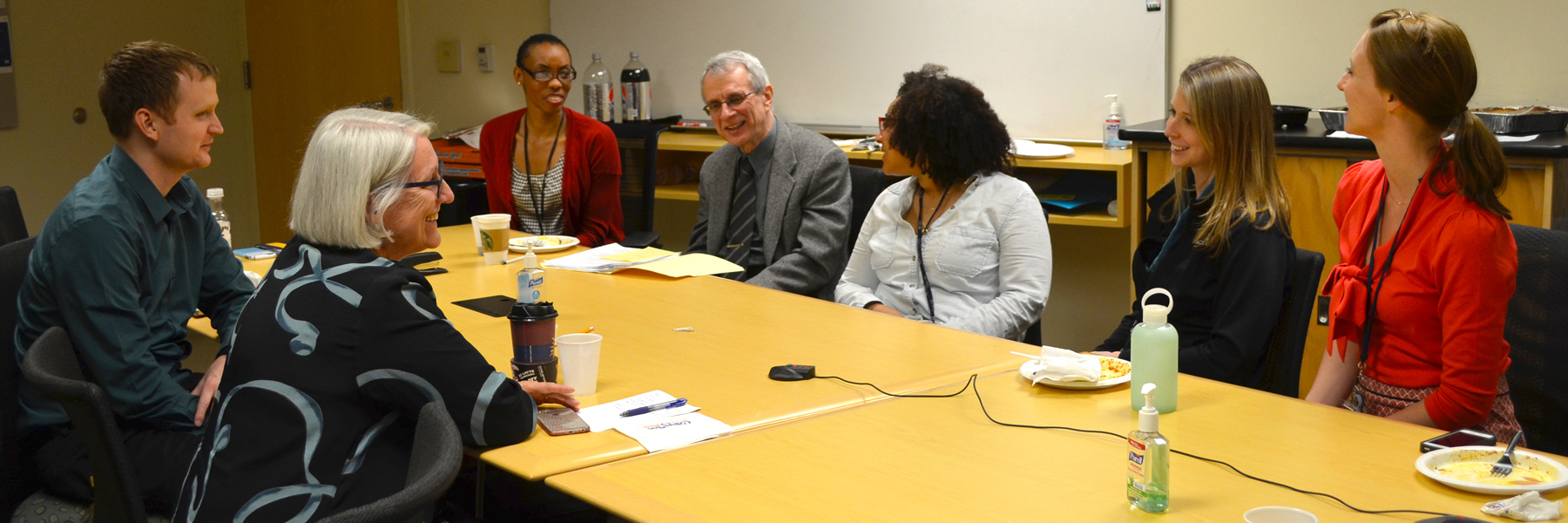
We recognize the importance of balanced training, not only between psychological and biological therapies, but also between traditional psychoanalytic therapy and newer empirical therapies. We believe that every resident should master the tools of cognitive behavioral, dialectical behavior, and interpersonal therapies, as well as established psychodynamic therapy. We provide excellent training experiences and ample opportunities to practice each of these therapies. In fact, few other programs provide the breadth of psychotherapy training available at the University of Michigan.
Psychotherapy Mentorships
Through a series of 6-month intensive psychotherapy mentorships during PGY-3 and PGY-4, we provide residents with extensive introductions to cognitive behavioral therapy (CBT), dialectical behavior therapy (DBT), interpersonal therapy (IPT), motivational interviewing (MI), parent management training (PMT), and couples and family therapy. Residents receive didactics, supervision, and clinical experience in each of these therapies, frequently in conjunction with their outpatient clinic assignments. At the end of training, residents are well equipped to work independently with each of these therapies.
Advanced Clinical Skills
Although not focused on a particular therapeutic style, the Advanced Clinical Skills mentorship allows residents to perfect their interviewing skills through a series of observed patient interactions, videotaped interviews, and formal clinical skills assessment. Residents emerge from this PGY-3 experience feeling confident in the quality of their interviewing techniques.
Psychoanalytic Psychotherapy Training
Psychoanalytic training begins with introductory material in PGY-1, then formal didactics, individual supervision, and clinical cases in PGY-2. Residents are encouraged to discuss not only their on-going psychodynamic therapy cases with their supervisors, but also psychodynamic issues arising in the context of inpatient, consultation/liaison, and emergency care. Residents add to these experiences a continuing weekly case conference during PGY-3 and PGY-4, and weekly supervision with a psychodynamic supervisor. PGY-4 also includes the Psychoanalytic Mentorship with additional didactics, case discussion, and group supervision. This combination of activities provides a strong theoretical background, ample opportunity for case discussion, and longitudinal exposure to the clinical experience of psychoanalytic therapy.
The Department of Psychiatry enjoys a close association with the Michigan Psychoanalytic Institute, which provides faculty supervision, didactic instruction, and enrichment seminars for residents. The residency program and the Psychoanalytic Institute have collaborated to create an opportunity for interested residents to begin formal psychoanalytic training, including didactics, personal psychoanalysis, and supervised training analysis, while still in residency, beginning in PGY-3. In addition, the program provides both time and funding for residents to participate in Institute seminars and programs.



